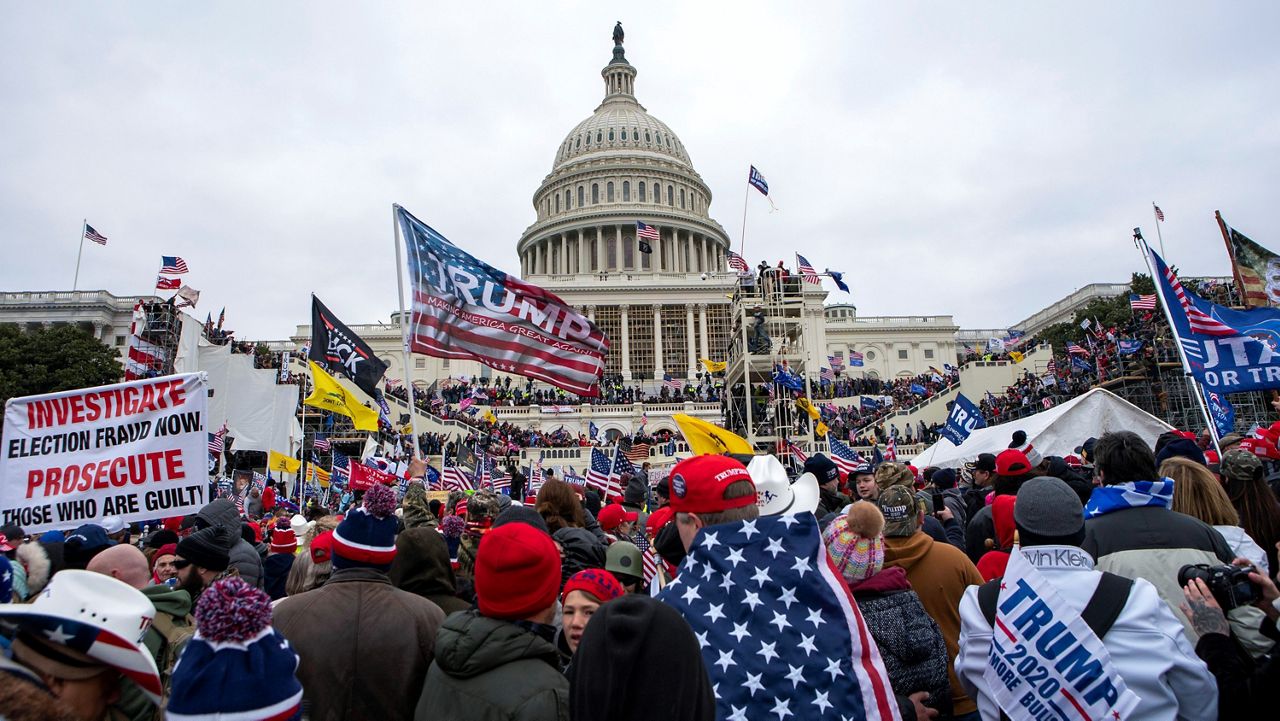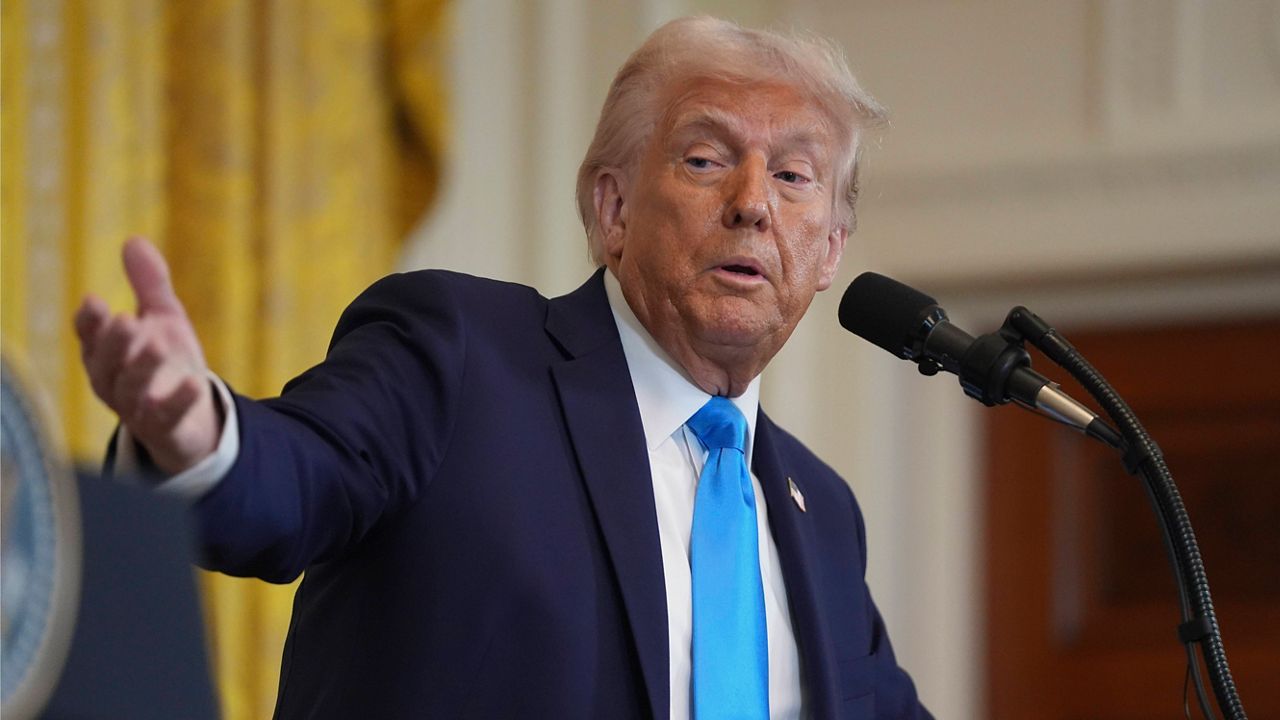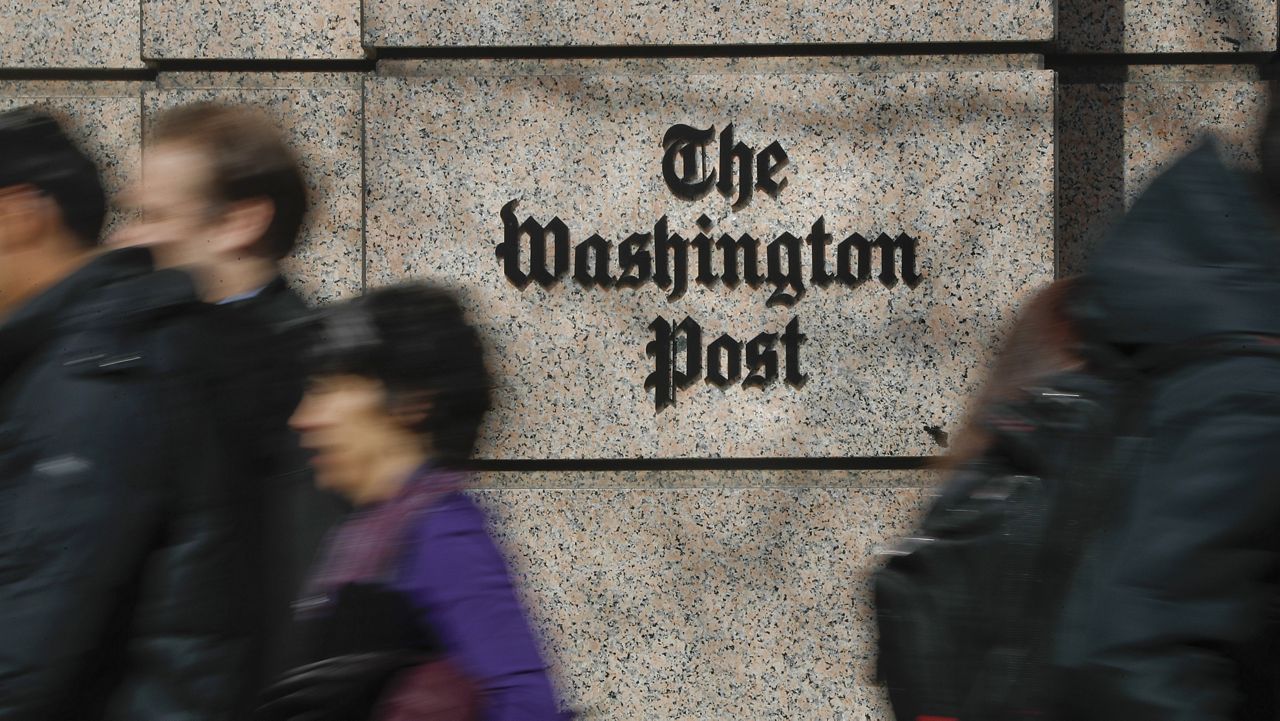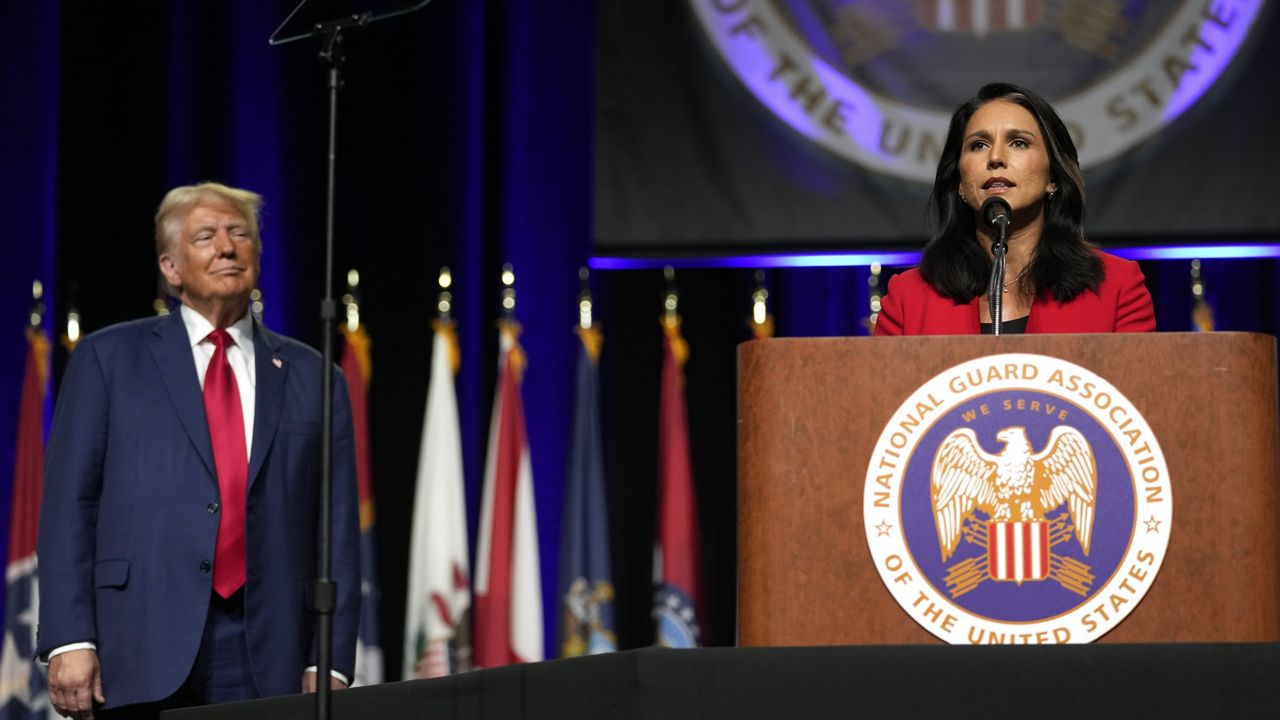Special counsel Jack Smith filed a new superseding indictment against former President Donald Trump in the federal election subversion case against him.
It's the first major action in the case since the Supreme Court ruled that presidents are shielded from official acts and sent it back to lower courts to determine if Trump can still face charges based on their decision.
Trump faces the same four felony charges accusing him of working to subvert the results of the 2020 presidential election: conspiracy to defraud the United States, conspiracy to obstruct a federal proceeding, obstruction of a federal proceeding and conspiracy against rights.
But the indictment is pared down from the original one submitted last year in an effort to abide by the Supreme Court's ruling. It removes allegations about Trump using the Department of Justice to advance his claims of voter fraud; the high court said that fell within his official duties as president.
The new indictment "was presented to a new grand jury that had not previously heard evidence in this case" and "reflects the Government’s efforts to respect and implement the Supreme Court’s holdings and remand instructions."
Trump pleaded not guilty to these charges last year and has denied any wrongdoing while continuing to baselessly allege widespread voter fraud in his loss to Joe Biden four years ago.
There is no evidence of widespread fraud in the 2020 presidential election, a statement backed up by officials in both parties, including Trump's own attorney general William Barr. Claims of fraud brought by Trump and his allies were rejected in courts nationwide, including the U.S. Supreme Court.
The superseding indictment comes one day after Smith filed an appeal in the other federal case against Trump, which accuses him of mishandling classified documents and hampering the federal government's efforts to retrieve them. Trump similarly pleaded not guilty and denied any wrongdoing, and the case was dismissed last month by a federal district judge who ruled that Smith's appointment as special counsel was unconstitutional. Smith on Monday appealed to the 11th U.S. Circuit Court of Appeals based in Atlanta in an effort to revive the prosecution.
It's highly unlikely that either case goes to trial ahead of November's election -- and should Trump win, he could appoint an attorney general who would dismiss the prosecutions against him.
The filing comes about 10 days before the Justice Department's "60-day rule," an unwritten guideline by which the department tries to avoid taking investigative actions ahead of an election so as to avoid the appearance of trying to influence an election. Trump, the Republican presidential nominee, is running for a second White House term in november.
In a series of posts on his Truth Social platform, Trump claimed the new indictment constituted "election interference" and "persecution of a political opponent," baselessly charging that his election opponent, Vice President Kamala Harris, is behind it. (Harris has no oversight of the Justice Department, nor is there evidence Biden, who has stressed the independence of the DOJ, is behind any of the prosecutions against Trump.)
"It is DOJ policy that the Department of Justice should not take any action that will influence an election within 60 days of that election – but they just have taken such action," Trump said in one post, before referencing when the first mail ballots start being sent to voters. "Voting starts on September 6th, therefore the DOJ has violated its own policy – Election Interference. All of these Comrade Kamala/Biden Hoaxes should be immediately DISMISSED!"









